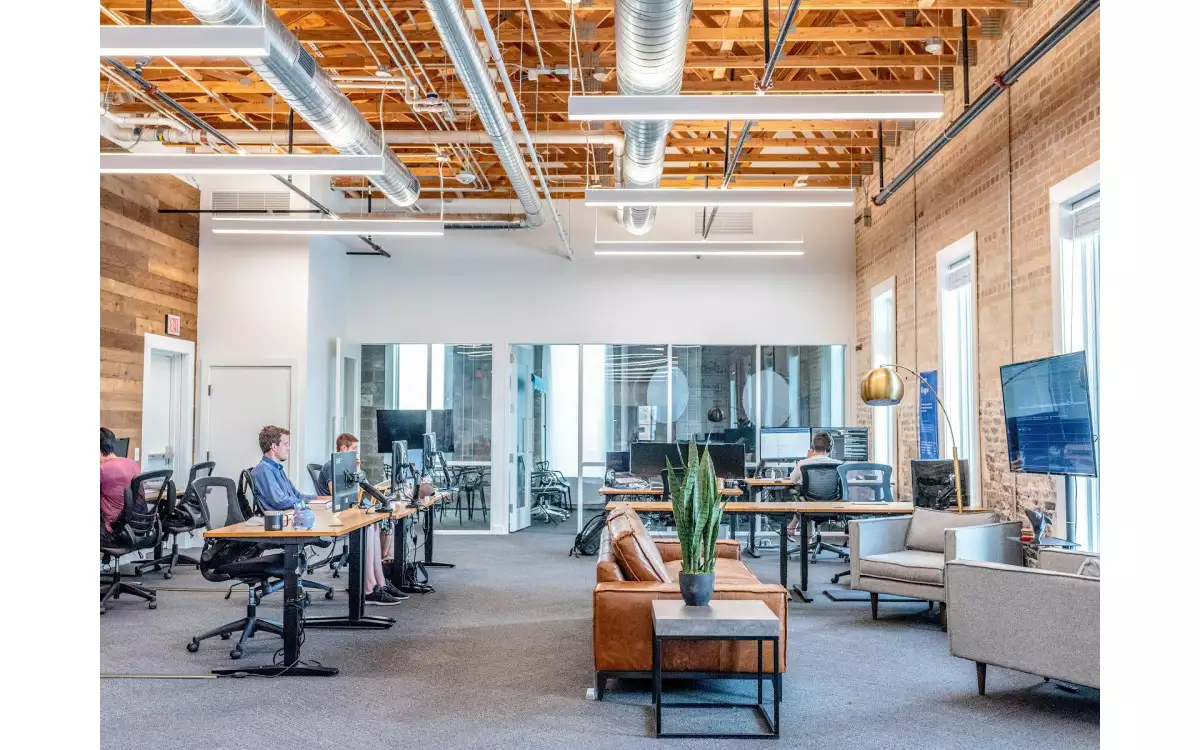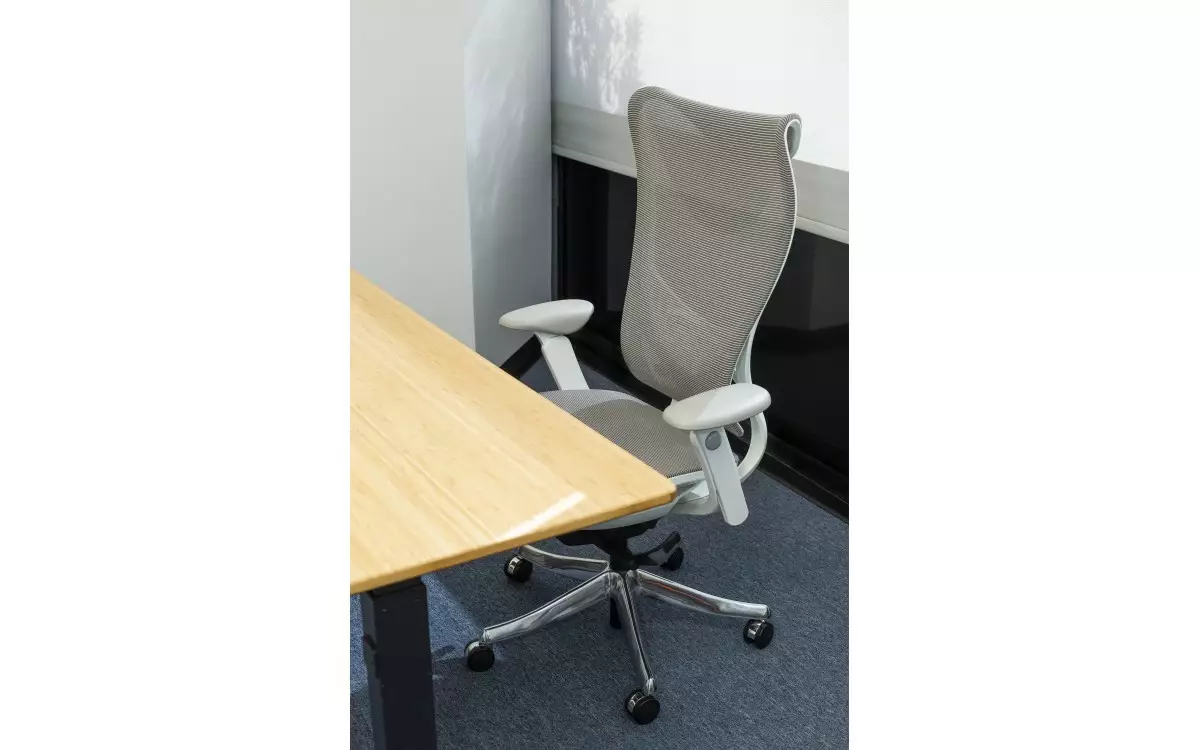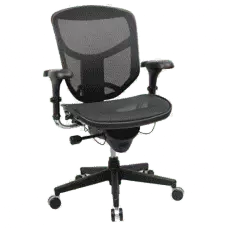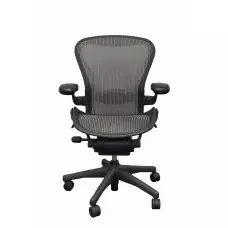We recently interviewed Lauren Eisenhauer:
Lauren Eisenhauer is the Director of Marketing for Best Companies Group, the workplace research firm conducting over 1,000,000 employee engagement surveys annually and powering over 70 Best Places to Work programs across the globe. Lauren studied professional writing and marketing and later began pursuing her MBA as a working professional. She’s published over 250 articles and is passionate about the employee experience and trends in the workplace impacting many working professionals today.
Can you give a quick overview of what you do professionally and why you do it?
Lauren: My role at Best Companies Group is to share expertise about employee engagement and to connect with leadership, whether in the human resources role or otherwise, who want to improve satisfaction levels in their workforce. I spread the word and aim to reach those leaders who value feedback from their employees.
What do you find most meaningful about your work?
Lauren: This role is extremely gratifying because employee engagement is so deeply connected to one’s own personal and professional contentment. I know so, because I’ve been on both sides of the coin; I’ve been the unhappy, disengaged employee, and I’ve been the impassioned, inspired, and content employee. Workplace satisfaction truly affects a person on many levels, and not just from 9-5.
How important do you believe company culture is to an organization’s success?
Lauren: Make no mistake: company culture is extremely important to an organization’s success. But, I believe there is a misperception of what many think of as the elements that go into a strong culture. A strong culture does not mean that everyone is in their 20s and there’s a foosball table and beer on tap. It doesn’t mean that you can bring your dog to work and take a nap in the afternoon like they do in Japan. I’m not saying these aren’t fun perks to have, but I am saying that culture is much more than having perks for employees. Culture means strong leadership, open communication, inclusion, and more.
Without naming the companies, can you give examples of good cultures you have worked in and bad cultures you have worked in and how they have led to positive and negative results respectively?
Lauren: I, personally experience a company that had a shift in executive management and culture suffered severely. Good employees left and continued to leave. I’ve also experienced such positive culture in that work no longer feels like “work.” Mondays are no longer dreaded. And employees stay around for the long haul. And, of course, the bottom line is impacted by those factors.
What is the company that you have worked for or with that you believe has the best culture and why? What can other companies do to emulate their success?
Lauren: My current employer has by far provided a better work experience than I ever really thought was possible. Some of the biggest factors that weigh into the great culture are trust, respect, and flexibility. By that, I mean that management hires smart people and trusts that they will do their jobs and do them well. I enjoy freedom to explore my ideas to help grow the company, and my leadership team backs me 100%. I also enjoy flexibility in that I am able to work remotely for the most part and this suites me because many times my work requires quiet and concentration, which isn’t as conducive to an office setting.
What is the company that you have never worked for or with but believe has the best culture? What are about that company’s culture do you admire from afar?
Lauren: There’s a digital marketing agency called WebFX that’s located in Harrisburg where we are and they’ve won Best Places to Work in PA for several years in a row now. I admire their culture and I think the reason it’s so strong is that they prioritize it. Having an amazing company culture is so important to them that it is weaved into every aspect of their business and employees are constantly reminded that their feedback matters. That’s so valuable.
Describe your office environment and how it relates to your company culture. Give us a feel for your office design, from the office furniture design to the intangibles.
Lauren: As I mentioned, a lot of us enjoy the flexibility of working remotely, either full time or partially, but we do have a nice office location in Harrisburg. Our chairs are from Steelcase and have so far stood the test of time. Our team members take a lot of pride in their office spaces and have brought in a lot of items to decorate and make their own spaces unique.
What do you believe are the key elements to creating and maintaining an uplifting office environment?
Lauren: Coming from an agency background, I like color, humor, and snacks! Pops of color from the décor, furniture, or artwork is always nice. We have a coffee station and I’ve taken it upon myself to print out and pin up coffee and office jokes (who doesn’t love those?!). And snacks are always helpful, especially in the afternoon.
What does ergonomics mean to you? How has your knowledge of ergonomics impacted your work?
Lauren: Ergonomics to me means investing in a healthy workspace. It can mean the difference between damaging your posture and having aches and pains, or sitting in a way that is much more natural for your body. It’s as important in taking care of your body as exercising and eating a balanced diet.
How do you buy office furniture? Do you buy furniture online? When do you decide to buy?
Lauren: I’m a big fan of customer reviews. As a marketer, I know that buyers trust other buyers more than they do the company itself.
What office chair do you sit in and why? What specific features about your office chair do you appreciate and enjoy? And how would you weigh the relative importance of comfort, posture support, design, cost and other variables?
Lauren: I enjoy a chair that’s highly adjustable, because I think it’s important that each person can make the necessary adjustments for their own body and office setup.
What is your best advice on maximizing productivity in the office?
Lauren: I actually recently wrote an article on this very topic. My main points were: be the example, provide framework—not control—encourage happiness at work, set clear goals, and lastly – provide and ask for feedback.
What is your best advice on effectively managing others?
Lauren: Again, making it very clear that feedback is allowed and encouraged is crucial to a good manager-employee relationship.
What workplace trends do you see on the horizon? Leave us with three things we should be on the lookout for.
Lauren:
- There will be a continually growing remote workforce as technology and communication methods advance to make working from anywhere feasible.
- There will be a greater focus on innovation and change, as companies increasingly understand the need to adapt to survive.
- There will be more empowerment of employees to share ideas for improvement and growth, share their opinions, and help shape the future of their companies.









